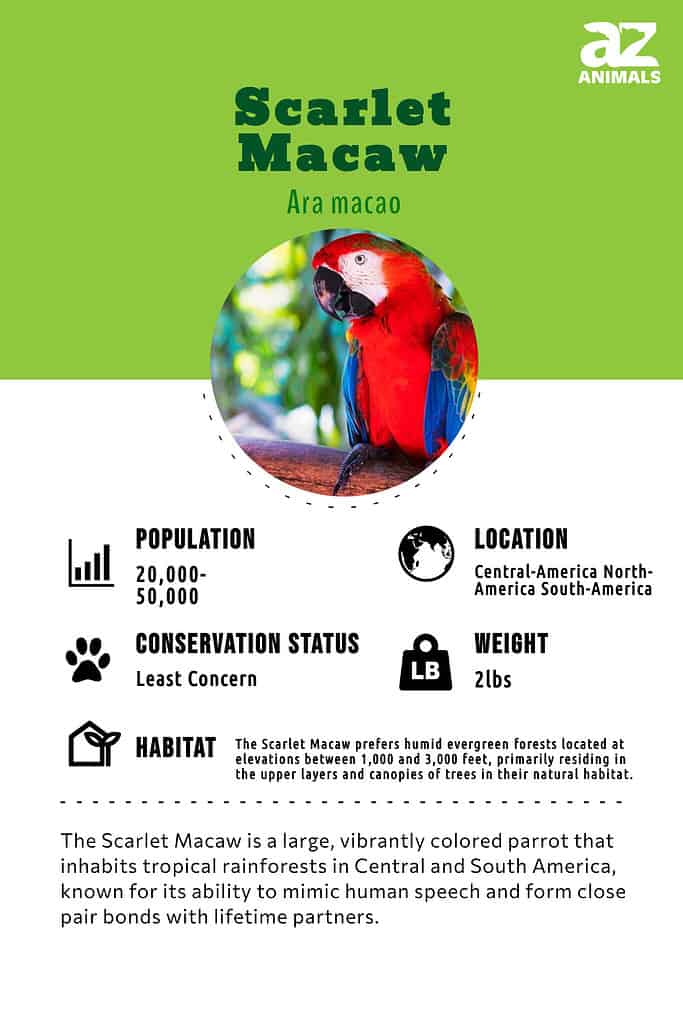Apply Now
Essential Guide to Rabbit Gestation Period: What to Expect in 2025
Rabbits are popular pets known for their playful nature and gentle temperament. When considering rabbit ownership, understanding the rabbit gestation period is vital for successful breeding and proper care. The rabbit breeding cycle can be a fascinating aspect of rabbit husbandry. Knowing what to expect during rabbit pregnancy can help owners prepare for the responsibilities that come with raising young kits. This article explores rabbit pregnancy duration, the stages of gestation, and essential care tips for both the expecting mothers and their newborns.
As rabbit ownership grows, so does the need for awareness about rabbit reproductive health. In 2025, we will delve deeper into the intricacies of rabbit gestation, emphasizing the importance of prenatal care, understanding signs of pregnancy, and preparing for the birth process. Additionally, we will discuss common challenges and solutions in managing pregnant rabbits effectively.
Key takeaways from this guide include an overview of rabbit gestation stages, nutritional needs, and how to maintain a healthy environment for pregnant rabbits. Understanding these aspects ensures not only the wellbeing of the mother and her kits but also leads to a successful breeding experience overall.
Understanding the Rabbit Breeding Cycle
Building on the importance of recognizing a rabbit's gestation period, understanding the rabbit breeding cycle is foundational for successful breeding practices. The rabbit reproductive cycle includes several phases, such as estrus, mating, and gestation, each playing a crucial role in successful breeding.
Rabbit Reproductive Health and Cycle Stages
Rabbit reproductive health encompasses not only the biological aspects of mating but also the overall wellbeing of the rabbit. A healthy breeding rabbit is essential for successful litters. During the estrus phase, female rabbits undergo hormonal changes leading to their readiness to mate. Understanding this cycle aids in planning breeding schedules effectively.
In the mating phase, the female is receptive, and successful mating can lead to the next stage: pregnancy. Recognizing signs of successful mating, such as behavioral shifts or increased nesting behaviors, can signal that the breeding process has been successful.
Rabbit Pregnancy Timeline and Gestation Duration
The rabbit gestation period typically lasts between 28 to 32 days, making it relatively short compared to other mammals. This gestation length in rabbits allows for multiple litters per year, depending on the breed and health of the rabbit.
Throughout the pregnancy, the timeline includes key milestones. For example, around Day 14, the rabbit's abdomen visibly swells, indicating developing kits. As the gestation length continues, owners may observe increased nesting behavior as the rabbit prepares for the arrival of her young. Maintaining careful observation during this period is critical to anticipate any potential complications.
Signs of Rabbit Pregnancy: What to Look For
Recognizing signs of rabbit pregnancy can ensure timely care for the expecting mother. Common symptoms include changes in appetite, secretive nesting behavior, and alterations in social dynamics. Experienced rabbit breeders often note that many pregnant rabbits exhibit heightened sensitivity and a need for secure, quiet spaces.
Understanding rabbit pregnancy hormones plays a vital role in recognizing these signs. Increased hormonal activity supports the healthy development of kits, contributing to the mother rabbit’s behavioral changes. Monitoring these signs can also help differentiate between true pregnancy and false pregnancies, a common occurrence in rabbits.
Care and Management During Rabbit Pregnancy
With the basics of the rabbit breeding cycle established, it is essential to delve into the critical aspects of care during rabbit pregnancy. Providing optimal conditions and nutritional support greatly impacts the health of both the mother and her kits.
Importance of Nutrition in Pregnant Rabbits
Feeding pregnant rabbits requires a tailored approach to ensure proper development of kits. A balanced diet rich in fiber, adequate protein levels, and essential vitamins is crucial. Incorporating fresh vegetables into their diet while maintaining a high-quality hay base supports both pregnancy health and wellness.
Veterinary experts emphasize the importance of monitoring a rabbit's weight during pregnancy. Excessive weight gain can lead to complications, while inadequate nutrition may hinder kit development. Consulting a veterinarian to refine dietary plans ensures that pregnant rabbits receive the nutrition needed for healthy gestation.
Environmental Needs for Pregnant Rabbits
Creating a safe and comfortable environment for the expecting mother is essential. Designating a quiet nesting area away from disturbances helps reduce stress during the sensitive gestation period. Well-ventilated housing conditions contribute positively to the rabbit's overall health.
Utilizing comfy bedding materials, such as hay or soft cloth, encourages nesting behavior. Understanding rabbit nesting behavior aids in creating an environment where the mother feels secure, thus enhancing the chances of a successful pregnancy and birth process.
Behavioral Changes in Pregnant Rabbits
As a rabbit’s pregnancy progresses, behavioral changes are often noticeable. Increased aggression, withdrawal behaviors, or heightened affection may signal hormonal fluctuations. Owners should adopt patience during these changes and provide a calm atmosphere for the rabbit.
Monitoring the mother rabbit's behavior can also help identify if she is experiencing stress, which is a known factor affecting rabbit gestation. Maintaining emotional health during this time is just as important as physical wellbeing. Owners should strive to create an environment that meets the emotional and physical needs of the pregnant rabbit.
Recognizing Pregnancy Complications in Rabbits
Understanding potential complications during rabbit gestation is paramount for proactive today management. Although most pregnancies are straightforward, knowing warning signs can aid in successful outcomes.
Common Rabbit Pregnancy Issues and Complications
Rabbits may experience common pregnancy issues, such as pregnancy toxemia, inadequate weight gain, or issues with nesting. Being aware of these complications enables prompt intervention and, ultimately, better health for the mother and her kits.
Veterinary care becomes crucial if complications arise, with veterinarians often recommending monitoring of the rabbit’s health throughout the pregnancy. Engaging with an experienced rabbit breeder provides further insights on avoiding common issues.
Postpartum Care for Rabbits
After the birth process has finished, postpartum care must continue effectively to ensure the health of both mother and kits. The bond between mother rabbit and kits is vital, significantly impacting the kits' survival and growth. Observing the mother’s nurturing behavior, such as grooming and feeding, ensures the kits’ immediate needs are met.
Topics in postpartum care include assessing any potential health risks to the mother, understanding rabbit nursing behavior, and monitoring litter size. Each of these factors contributes to establishing a nurturing environment post-birth, which is as critical as the care provided during pregnancy.
Preparing for Rabbit Kits: An Owner's Responsibility
With all the information regarding rabbit gestation, it's equally important to discuss what happens after. Preparing for rabbit kits requires planning, knowledge, and adaptability from owners.
Recognizing Signs of Labor in Rabbits
Identifying signs of labor is essential for owners to provide necessary support during the birthing process. These signs can include dramatic changes in behavior, frequent nesting, and visible contractions.
Being prepared with a clean, safe nesting area is crucial for ensuring a smooth birth process. An understanding of rabbit birthing processes and expectations alleviates anxiety for both the owner and the rabbit.
Evaluating Rabbit Pregnancy Outcomes
Post-birth, it's critical to evaluate pregnancy outcomes to understand the overall health and success of the litter. Observing the kits’ health status, socialization, and feeding habits allows for adjustments to care techniques.
Owners play a significant role in shaping the future of these kits, making informed decisions about their care and management necessary for fostering their growth into healthy adult rabbits.
The Importance of Veterinary Care Throughout Rabbit Gestation
Concluding our guide, the role of veterinary care cannot be overstated. Engaging a veterinarian before, during, and after pregnancy ensures an additional layer of support for both the rabbit and her offspring.
Veterinary professionals provide critical insights and monitoring systems that help managers detect potential issues early. This fosters a proactive approach to rabbit reproductive health management.
By understanding the essentials of the rabbit gestation period and employing sound care practices, rabbit owners can enhance the success of their breeding efforts, ultimately contributing to the health and wellbeing of their beloved rabbits.
Rabbit Litter Management and Post-Care
In summary, managing a pregnant rabbit through careful observation, attentive care, and understanding of the rabbit gestation stages can lead to successful breeding outcomes. Knowing the intricacies of different rabbit breed specifications assists in navigating challenges that arise in rabbit reproduction.
Preparedness for each stage, from gestation to caring for newborn kits, equips owners with the necessary skills to raise healthy rabbits. This comprehensive guide provides foundational knowledge for owners seeking to embark on responsible rabbit breeding. With insightful care practices and a commitment to fostering health, rabbit owners can ensure a flourishing environment for their furry companions and their future offspring.



